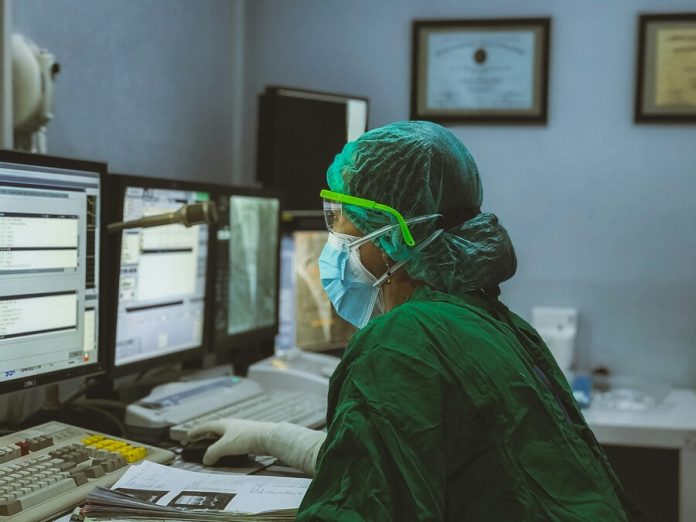Many sectors in the healthcare industry are likely to see changes in the near future due to an aging population and technological advancements. But which areas are set to change dramatically within the next few years? We investigate the four healthcare sectors that could change the most.
Medical care
The US is currently experiencing a shortage of physicians and if this trend continues, then the medical care sector could change drastically. Healthcare organizations and providers can recruit the best talent from top recruiters such as masmedical.com, but factors like the cost of college education still need to be addressed. However, perhaps the biggest influence on the medical care sector will be technology. AI software, such as chatbots and virtual assistants, can help physicians significantly in reducing workload and stress and providing added accuracy. For instance, they can be used to help with diagnoses and to provide advice on the most effective treatments and medications. These programs can also be used by patients, helping to answer any queries about their care and potentially connecting them to relevant information. Furthermore, bots can be connected with electronic medical record systems to schedule and book appointments, and can be used to send out patient reminders.
Research science
The journey of a drug from its time in the research laboratory until it reaches the patient is long and expensive. Just five out of 5,000 medicines in preclinical tests actually make it to human trials, and only one in five of these are ever approved. However, this long and costly process is likely to benefit from the introduction of AI technology in healthcare research. AI can be used to streamline the processes of drug discovery and repurposing, decreasing the length of time it takes to create and market new medicines and therefore vastly reducing the cost.
Surgery
Advances in medical technology are already having an impact on surgery, but with the momentum that tech is moving at, it seems inevitable that the face of surgery is set to change dramatically. Robot-assisted surgery is being used more regularly and has a range of benefits from being less invasive to resulting in shorter recovery times. Imaging technology, such as augmented and virtual reality platforms, is gradually being introduced into the surgical realm and is making changes. These enable teams of surgeons across the world to collaborate and provide support during complex operations remotely. Furthermore, 3D imaging and printing techniques can help with creating a more personalized treatment plan for patients.
Elderly care
With the aging population, the elderly care sector is bound to change. More people suffering from age-related conditions like Alzheimer’s and osteoarthritis will mean a higher demand for elderly nursing care services, which are already stretched. Whilst this is a concerning prospect, advancements in tech could help to change the elderly care sector for the better. Video chatting technology is already helping older people stay in touch with loved ones who live in other states, and this could advance further to have even more positive benefits – for instance via virtual reality visitations. Robots will also be able to help with reducing the number of people requiring residential care. They can assist elderly people with day-to-day tasks, helping them to maintain their independence and stay in their own homes much longer. Similarly, new AI wheelchairs are also giving older people their freedom back and improving their quality of life.
Conclusion
The aging population and the rise of AI technology will change many parts of the healthcare industry. The fields of medical care, research science, surgery, and elderly care will likely see the most drastic changes.
Disclaimer: This article contains sponsored marketing content. It is intended for promotional purposes and should not be considered as an endorsement or recommendation by our website. Readers are encouraged to conduct their own research and exercise their own judgment before making any decisions based on the information provided in this article.


























![“Does Everyone Hear Me OK?”: How to Lead Virtual Teams Effectively iStock-1438575049 (1) [Converted]](https://www.europeanbusinessreview.com/wp-content/uploads/2024/11/iStock-1438575049-1-Converted-100x70.jpg)




